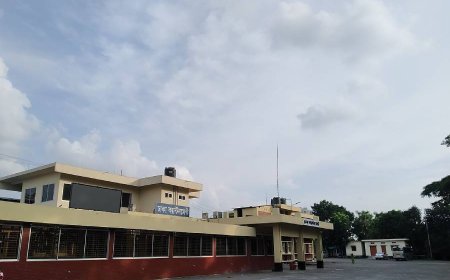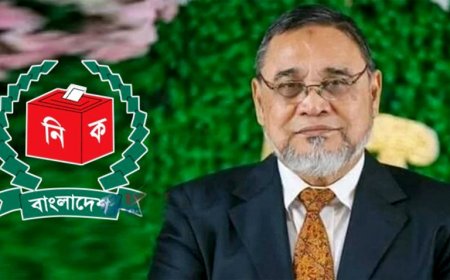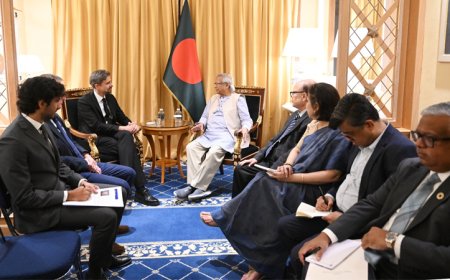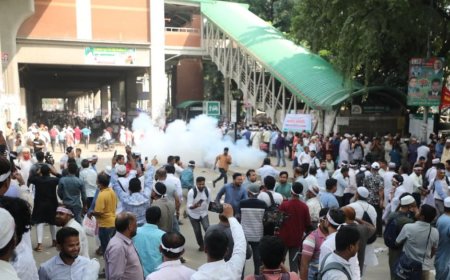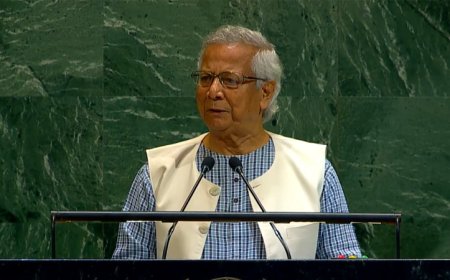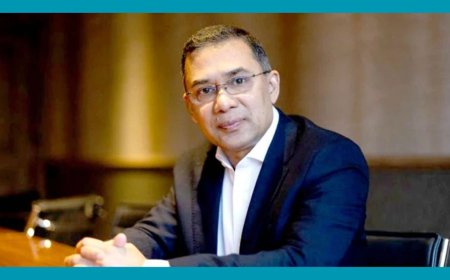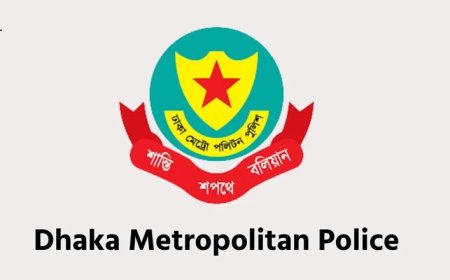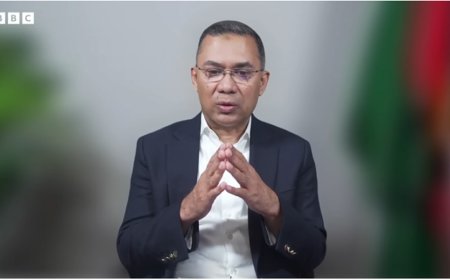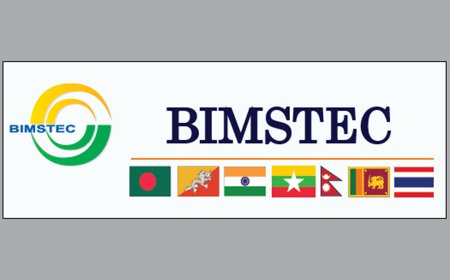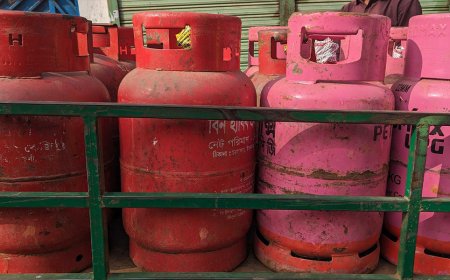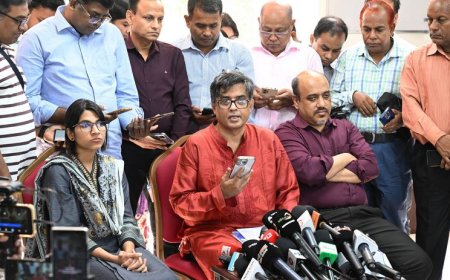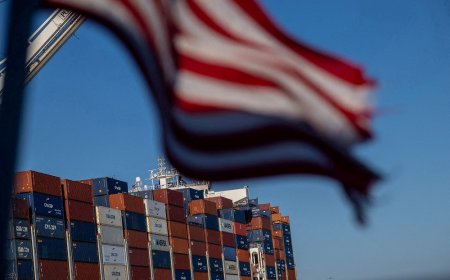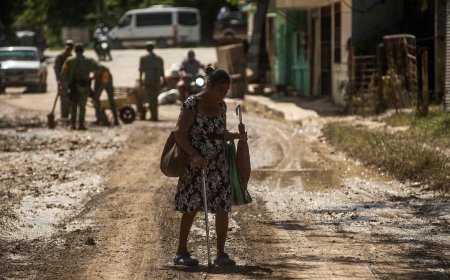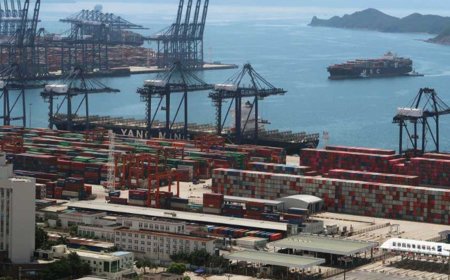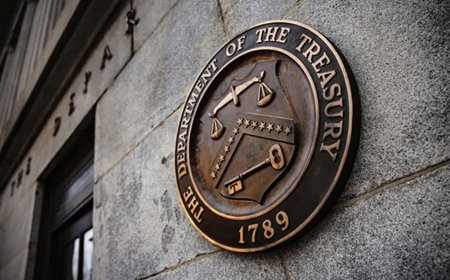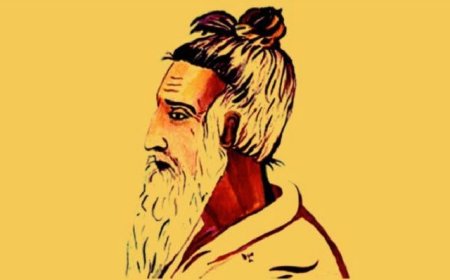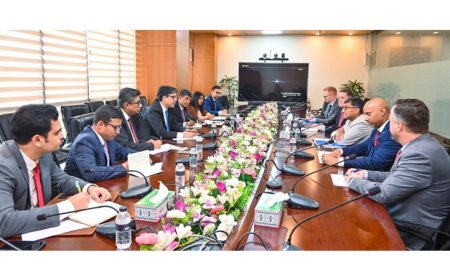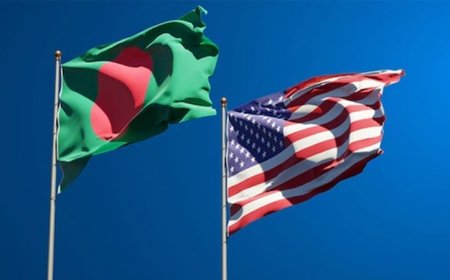Dhaka and Beijing sign eight Memorandums of Understanding (MoUs) and one agreement on economic and technical cooperation
Bangladesh and China emphasize the need to commence negotiations on a free trade agreement.
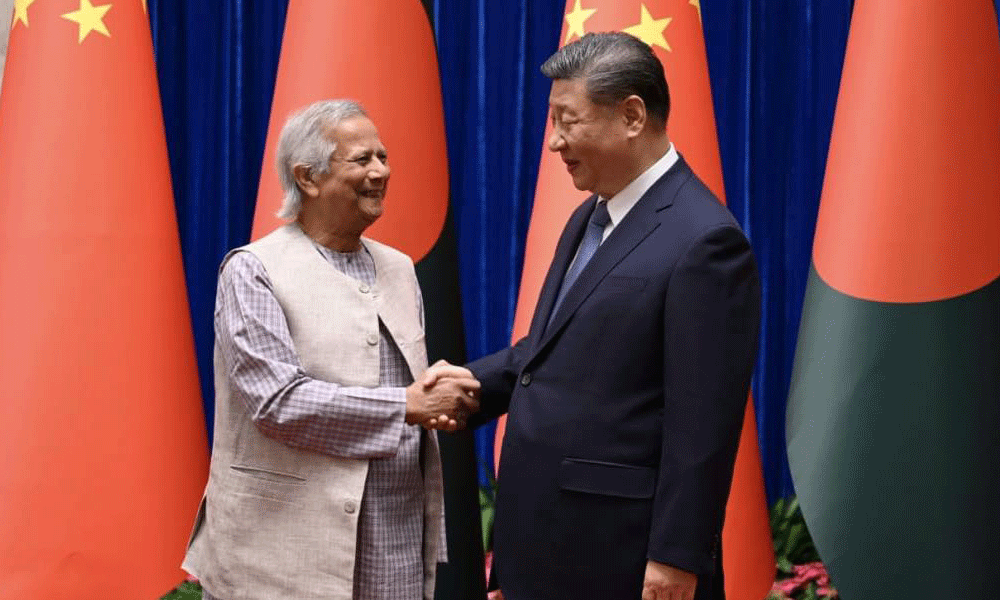
Bangladesh and China signed nine agreements on Friday, including an economic and technical cooperation agreement between the two governments. The agreements also cover areas such as development, translation and publication of classics, cultural heritage exchanges, news and media collaboration, and the health sector. According to Chief Adviser’s Deputy Press Secretary Abul Kalam Azad Majumder, eight Memorandums of Understanding (MoUs) were signed in these domains.
Additionally, five key announcements were made, including the initiation of formal negotiations on investment, the establishment of the China Industrial Economic Zone, the signing of a commercial agreement for the modernization and expansion of Mongla Port, the development of a robot physiotherapy and rehabilitation center, and the donation of a cardiac surgery vehicle.
Both sides welcomed the signing of the Implementation Plan of the MoU on the Exchange of Hydrological Information for the Yarlung Zanbo-Jamuna River. Bangladesh also invited Chinese companies to participate in the Teesta River Comprehensive Management and Restoration Project (TRCMRP) and the Mongla Port Facilities Modernization and Expansion Project. Furthermore, the two countries emphasized the need to start negotiations on a China-Bangladesh Free Trade Agreement and optimize their Investment Agreement.
Bangladesh and China agreed to accelerate the export of high-quality Bangladeshi products, including fresh mangoes and other agricultural and aquatic produce, to China. China encouraged Bangladesh to utilize platforms such as the China International Import Expo, China-South Asia Expo, and China International Supply Chain Expo for expanded cooperation. Bangladesh reaffirmed its commitment to providing a favorable investment environment for Chinese companies.
Both nations agreed to strengthen collaboration in hydrological forecasting, flood prevention, disaster management, river dredging, and water resource development and technology sharing. They also committed to tackling climate change and exploring opportunities in the blue economy. Maritime cooperation will be furthered through new rounds of Dialogue on Maritime Cooperation at a suitable time.
The year 2025 marks the 50th anniversary of diplomatic relations between Bangladesh and China. Both countries plan to celebrate this milestone along with the Year of China-Bangladesh People-to-People Exchanges. They will enhance cooperation in culture, tourism, media, education, healthcare, youth engagement, local governance, and think tank exchanges to strengthen mutual understanding.
Bangladesh appreciated China’s facilitation of medical treatment for Bangladeshi patients in Yunnan Province and acknowledged the Global Development Initiative, the Global Security Initiative, and the Global Civilization Initiative proposed by President Xi Jinping. Both sides agreed to work together internationally, promoting unity among the Global South and addressing global challenges. They reaffirmed their commitment to the UN Charter, multilateralism, and democratic international relations while advocating for an equitable and inclusive global economic order.
Chief Adviser Dr. Yunus expressed gratitude to President Xi Jinping and the Chinese government for their warm hospitality and extended an invitation to the Chinese leadership to visit Bangladesh.
Peace Talks on Myanmar Bangladesh acknowledged China’s role in facilitating peace talks in Myanmar and resolving issues concerning forcibly displaced people from Rakhine State. China commended Bangladesh for its humanitarian efforts and reaffirmed its commitment to supporting the repatriation process.
Chief Adviser Prof. Muhammad Yunus attended the Boao Forum for Asia Annual Conference 2025 in Hainan from March 26-27, followed by an official visit to Beijing from March 27-29 at the invitation of the Chinese government. During the visit, he met with President Xi Jinping, Vice Premier Ding Xuexiang, and Vice President Han Zheng, where they held extensive discussions on bilateral and regional matters of mutual interest.
Boao Forum for Asia Annual Conference Dr. Yunus delivered a speech at the opening ceremony of the Boao Forum for Asia Annual Conference 2025. The Chinese side welcomed the interim government of Bangladesh led by Prof. Yunus and acknowledged its progress since August 2024. Both countries reaffirmed their commitment to enhancing the Comprehensive Strategic Cooperative Partnership.
Since the establishment of diplomatic ties 50 years ago, China-Bangladesh relations have remained stable and resilient. The two sides pledged to uphold the Five Principles of Peaceful Coexistence, deepen political trust, align development strategies, and further advance their comprehensive strategic cooperation for the benefit of both nations.
Bangladesh reiterated its support for the One-China policy and opposed "Taiwan independence," reaffirming its commitment to China’s sovereignty and territorial integrity. The two nations also committed to strengthening cooperation under the Belt and Road Initiative (BRI) and promoting industrial and supply chain collaboration.
Bangladesh expressed gratitude for China's long-term support in infrastructure development, including bridges, roads, railways, power grids, and sewage treatment projects. China will continue supporting Bangladesh’s industrialization and infrastructure enhancement, encouraging investment in textiles, clean energy, digital economy, agriculture, and manufacturing based on market principles.
What's Your Reaction?







